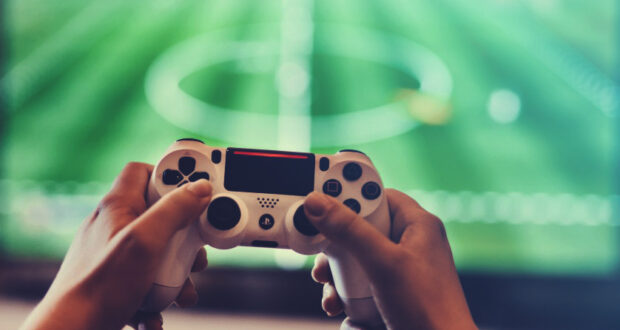Video games are very popular and are always changing. One game that stands out is “FIFA,” a famous football computer game that can be used for more than just fun.
For years, people have had different ideas about how playing computer games affects your brain and your ability to plan ahead. You can play games for more than just fun, though. FIFA is a great example of this because it’s hard to learn and has a lot of strategy involved. This article will go into great depth about how FIFA can help kids learn by showing them how it makes them smarter and better at planning ahead.
Understanding the Cognitive Impact of FIFA
The Role of Strategy in FIFA
Have you ever considered the strategic planning that goes into a match of FIFA? It’s not just about scoring goals; it’s about thinking several steps ahead, much like a chess player. Players have to look at their opponents, plan their moves, and change their plans at the last minute. This strategic part of FIFA is a lot like real football; you need to know a lot about the game, be able to make quick decisions, and be flexible.
Enhancing Problem-Solving Skills
FIFA is more than a game of virtual soccer; it’s a complex problem-solving exercise. Each match presents unique challenges, requiring players to continually adapt their strategies. This phase of the game helps players solve challenges by requiring them to think quickly and critically to outwit their opponents.
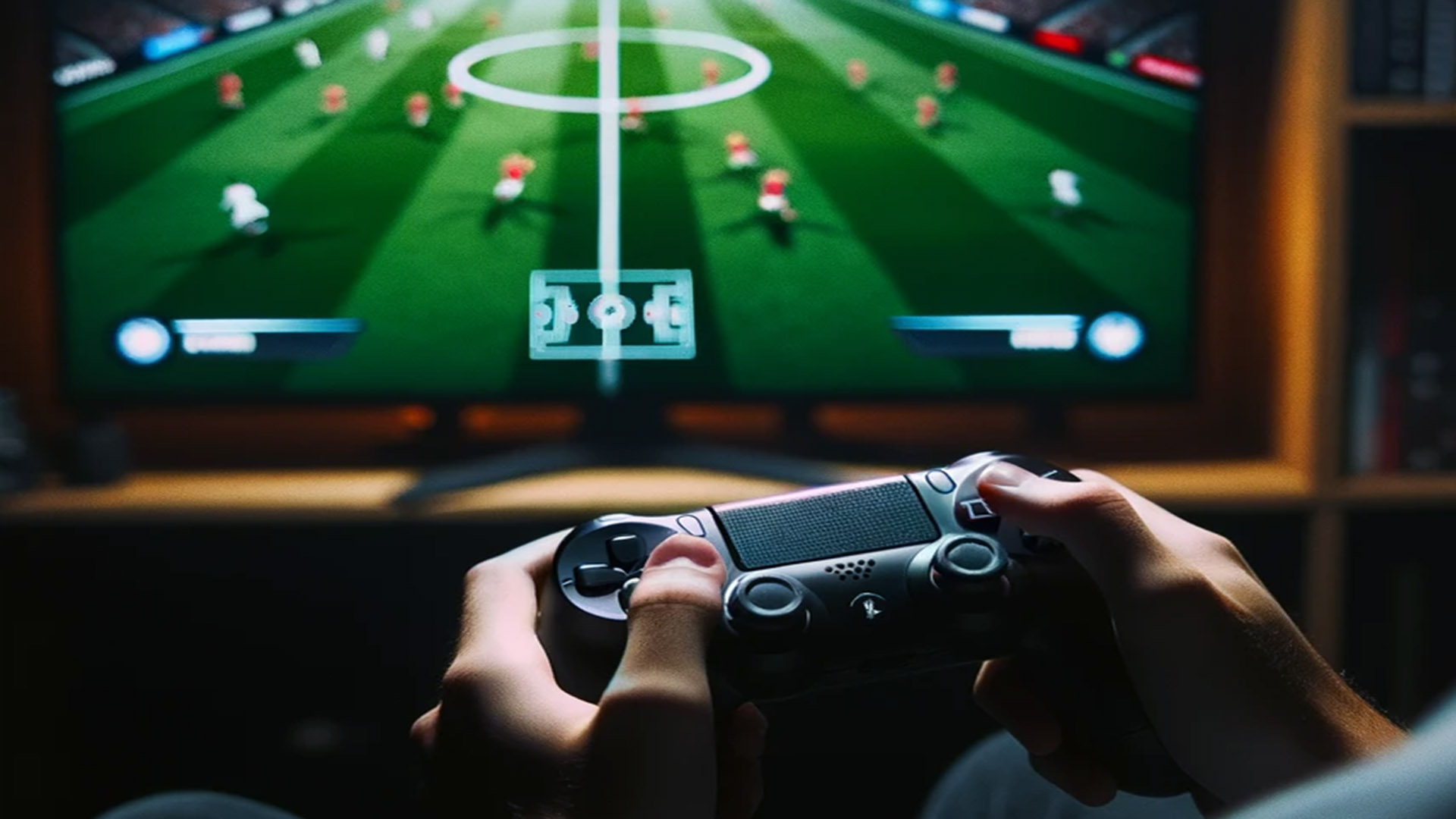
In a similar vein, when students face academic challenges that seem insurmountable, they often turn to professional services with a “write my essay online” request, seeking assistance in navigating their educational hurdles. Making the choice of when and how to get help is a problem-solving practice in and of itself. Students learn to think about what they can do, plan their time well, and make good use of the tools they have access to. They need this skill at school and in many real-life situations when being able to figure out what’s going on and obtain aid is crucial. Finding problems, analyzing them, and finding solutions is a skill that can help you do well in FIFA and in school that can also help you grow as a person.
Boosting Cognitive Abilities through Gameplay
Improving Concentration and Focus
Engaging in FIFA demands a high level of concentration and focus. The players have to keep an eye on the ball, guess what their opponents will do, and plan how their team will act. This intense focus during games can help you focus and pay attention better in other parts of your life, like school or work.
Enhancing Memory and Pattern Recognition
Playing FIFA regularly can also enhance memory and pattern recognition skills. To win the game, you need to remember player skills, team formations, and your opponents’ plans. This requirement not only helps you remember things quickly but it also makes it easier to spot patterns and trends, both in the game and in real life. Have you ever noticed how some FIFA players can remember very specific details about past games or guess what their opponent will do next? This is cognitive training at its best.
The Role of FIFA in Developing Strategic Thinking
Long-Term Planning and Tactical Adaptation
FIFA is not just about the immediate gameplay; it also involves long-term planning, especially in modes like Career or Ultimate Team. Players must think about team composition, player development, and even financial management. This aspect of the game teaches valuable lessons in planning, resource management, and adapting tactics to changing situations. Isn’t it fascinating how a game can simulate real-life strategic scenarios?
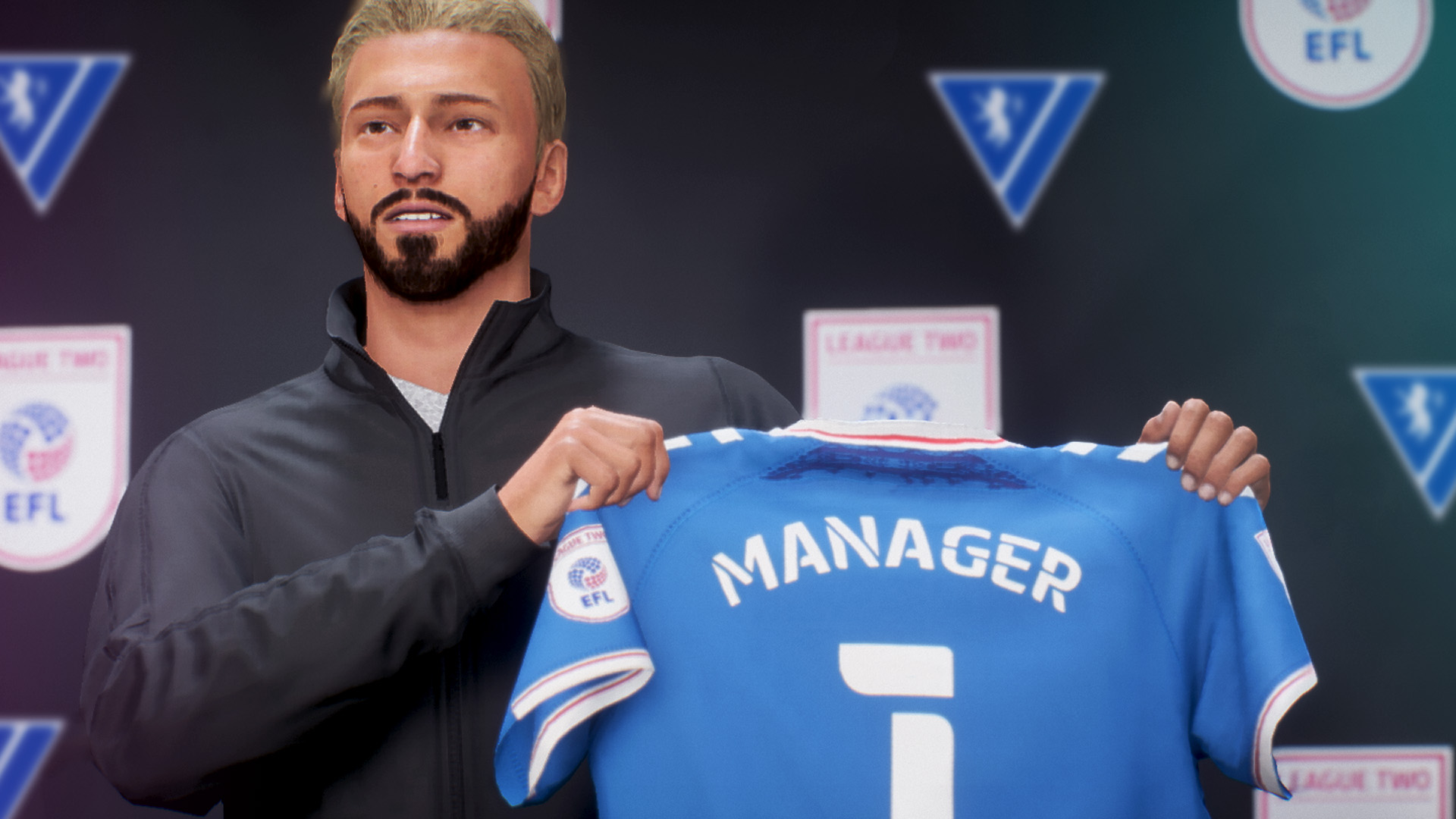
Learning from Failure and Building Resilience
In FIFA, as in life, failure is a stepping stone to success. Each lost match is an opportunity to learn and improve. Players analyze what went wrong, adjust their strategies, and try again. This process not only enhances strategic thinking but also builds resilience and a growth mindset. How often do we get to learn these vital life skills in such an engaging and interactive way?
The Social and Collaborative Aspects of FIFA
Teamwork and Communication
FIFA is not just a solo endeavor. In multiplayer modes, communication and teamwork are essential for victory. Players learn to coordinate with each other, share strategies, and work towards a common goal. These collaborative skills are invaluable in both personal and professional settings.
In the same way, using homework writing services is a common way for students to improve their communication and teamwork skills. This process is like how a team works in FIFA: knowing the skills and weaknesses of each player and communicating well are key to winning. Students learn how important it is to work together and communicate clearly in order to reach difficult goals. These are skills that are useful in school and beyond. Students learn how to work together, which is a skill that is useful in any team-based setting, through their work with FIFA and in school.
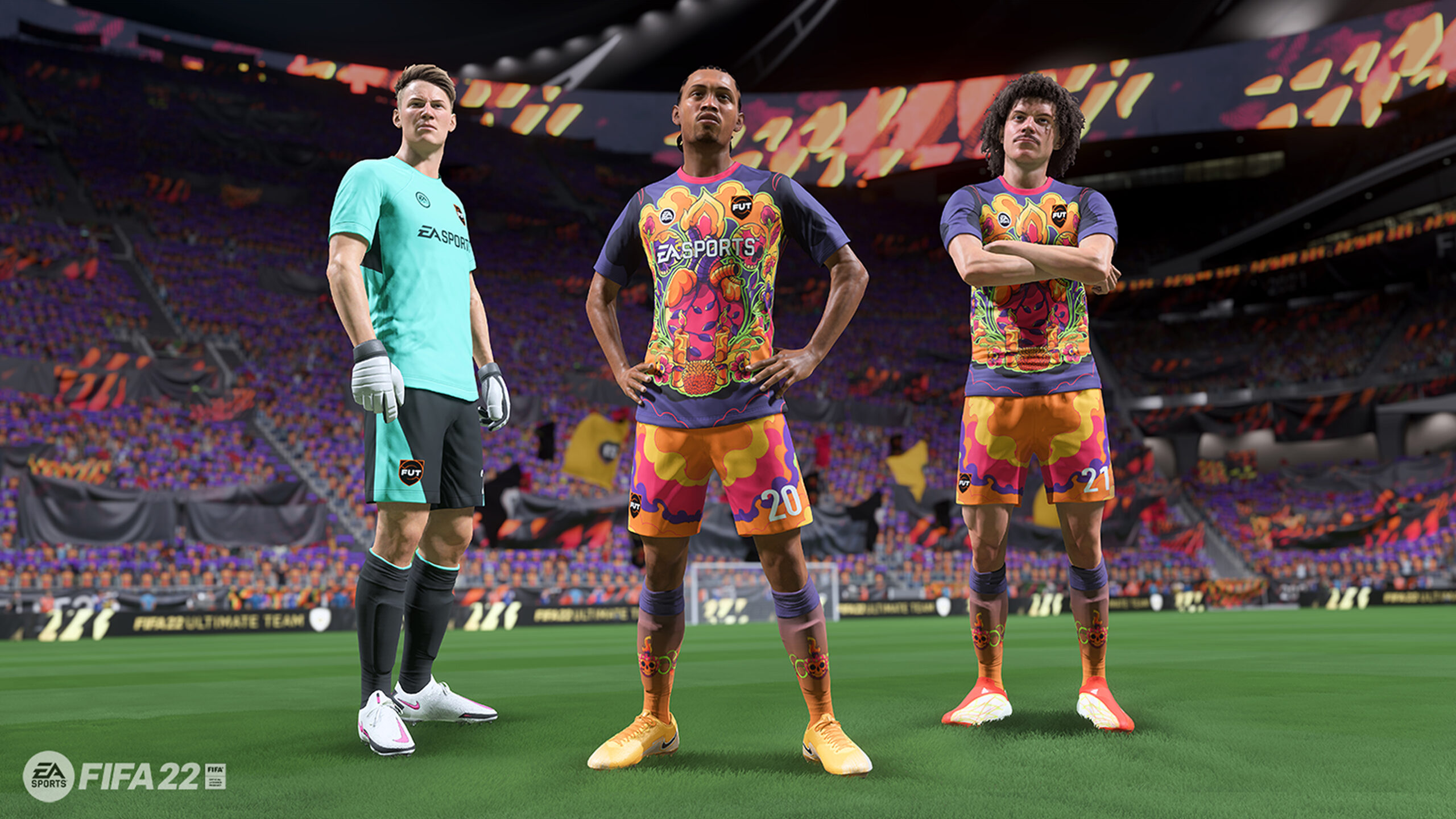
Cross-Cultural Understanding and Global Awareness
FIFA’s global appeal also brings people from different cultures and backgrounds together. Players get exposed to international teams and players, fostering a sense of global awareness and appreciation for diversity. Isn’t it remarkable how a game can bridge cultural gaps and promote understanding?
The Hidden Educational Gems in FIFA’s Gameplay
Learning About Football History and Management
FIFA is not just about playing football; it’s also a treasure trove of information about the sport. For football fans, the game is a fun and effective way to learn about everything from past teams and players to the ins and outs of football management. Who knew learning could be so much fun?
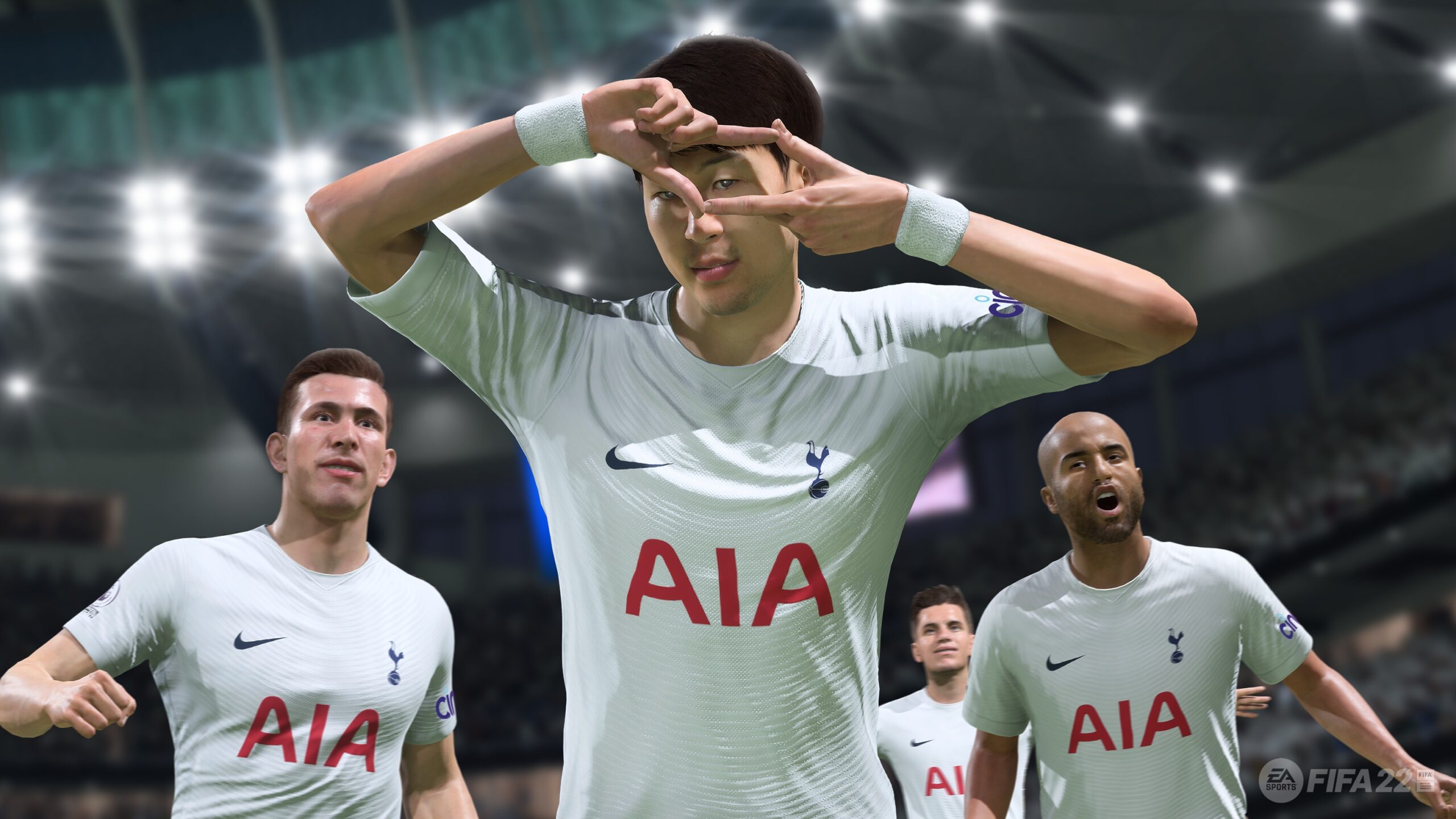
Developing Emotional Intelligence
The highs and lows of FIFA gameplay also aid in developing emotional intelligence. Players learn how to handle feelings like anger, sadness, and loss, which are important skills for interacting with others in real life. It’s amazing how a game can help improve such a complicated and important part of our brain.
Conclusion
Finally, FIFA can help kids learn in many more ways than just the virtual field. This well-known video game helps you think more strategically and improves your cognitive skills. It also teaches you important lessons about teamwork, endurance, and emotional intelligence. It shows that you can learn from the strangest places. Remember that playing FIFA with a mouse is enjoyable, educational, and challenging.
 FIFA Infinity The Absolute FIFA Site
FIFA Infinity The Absolute FIFA Site
